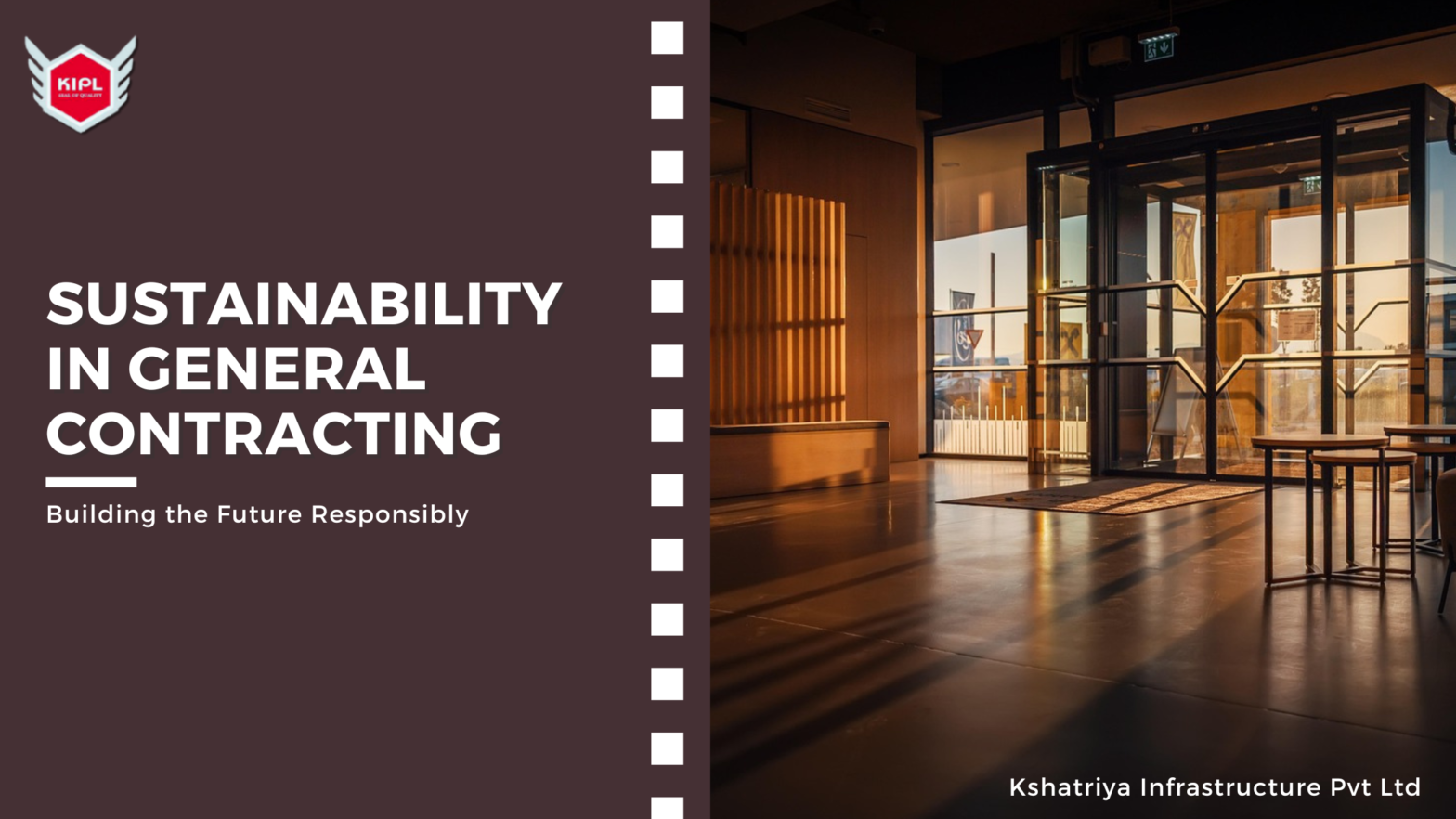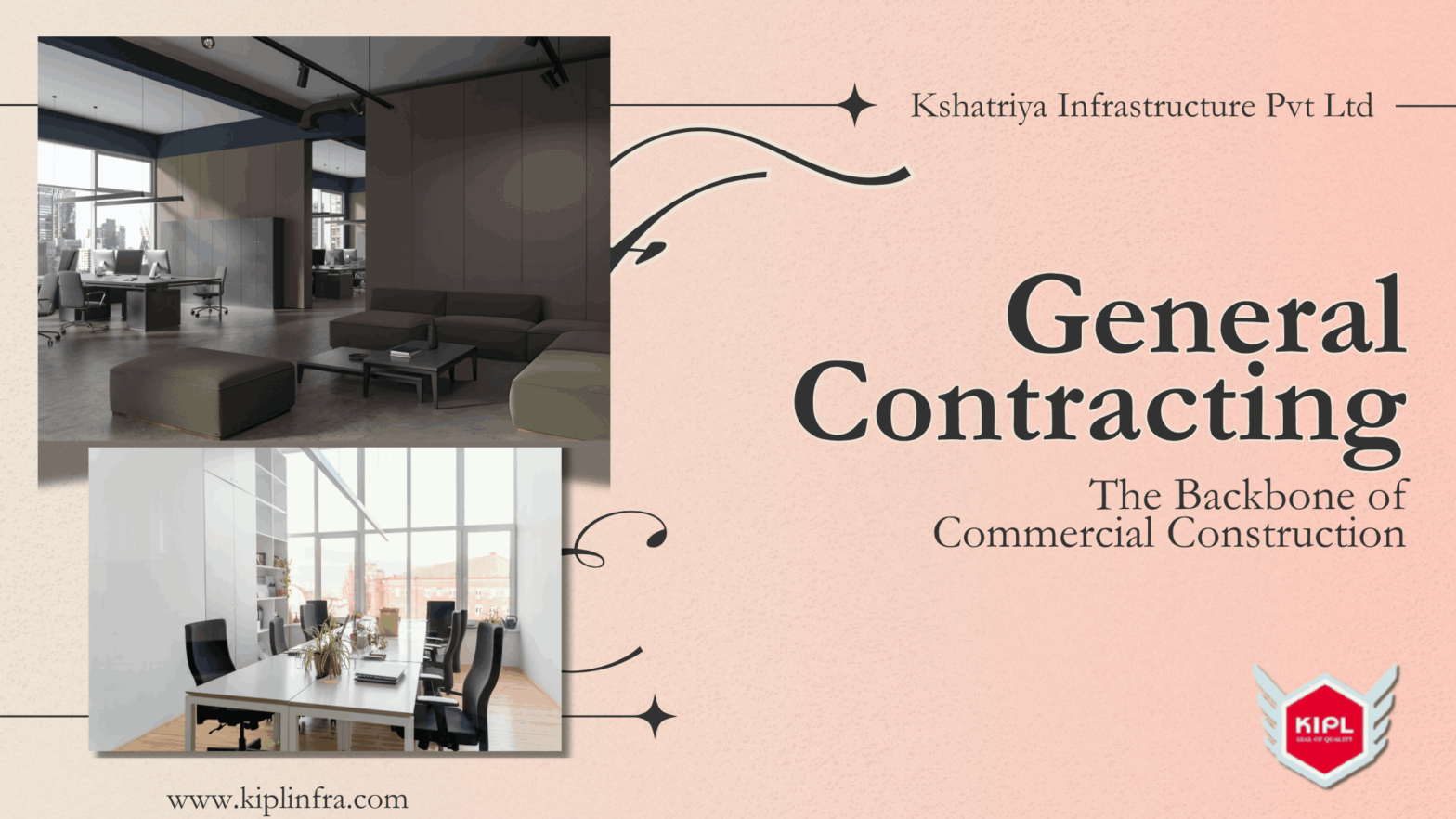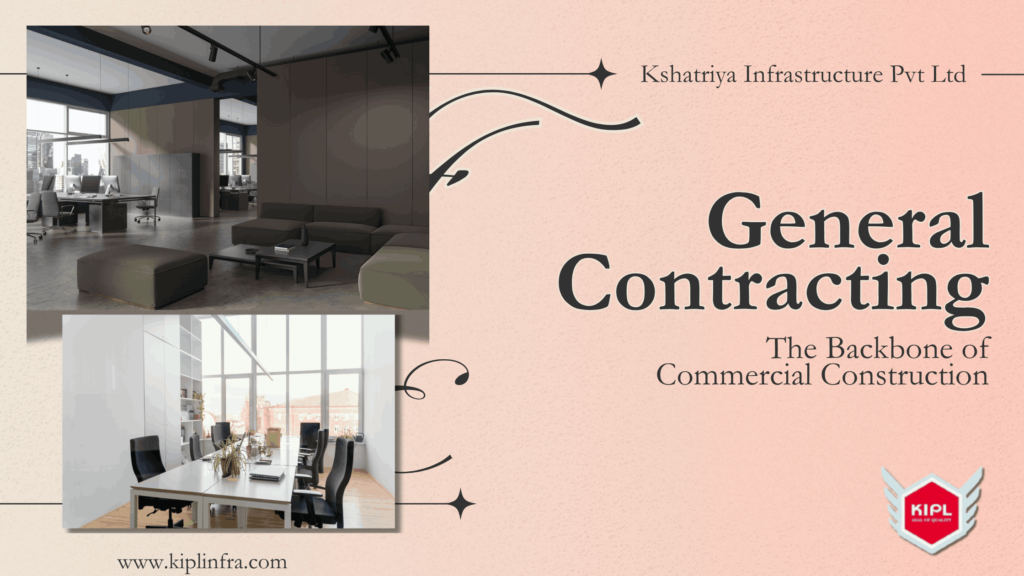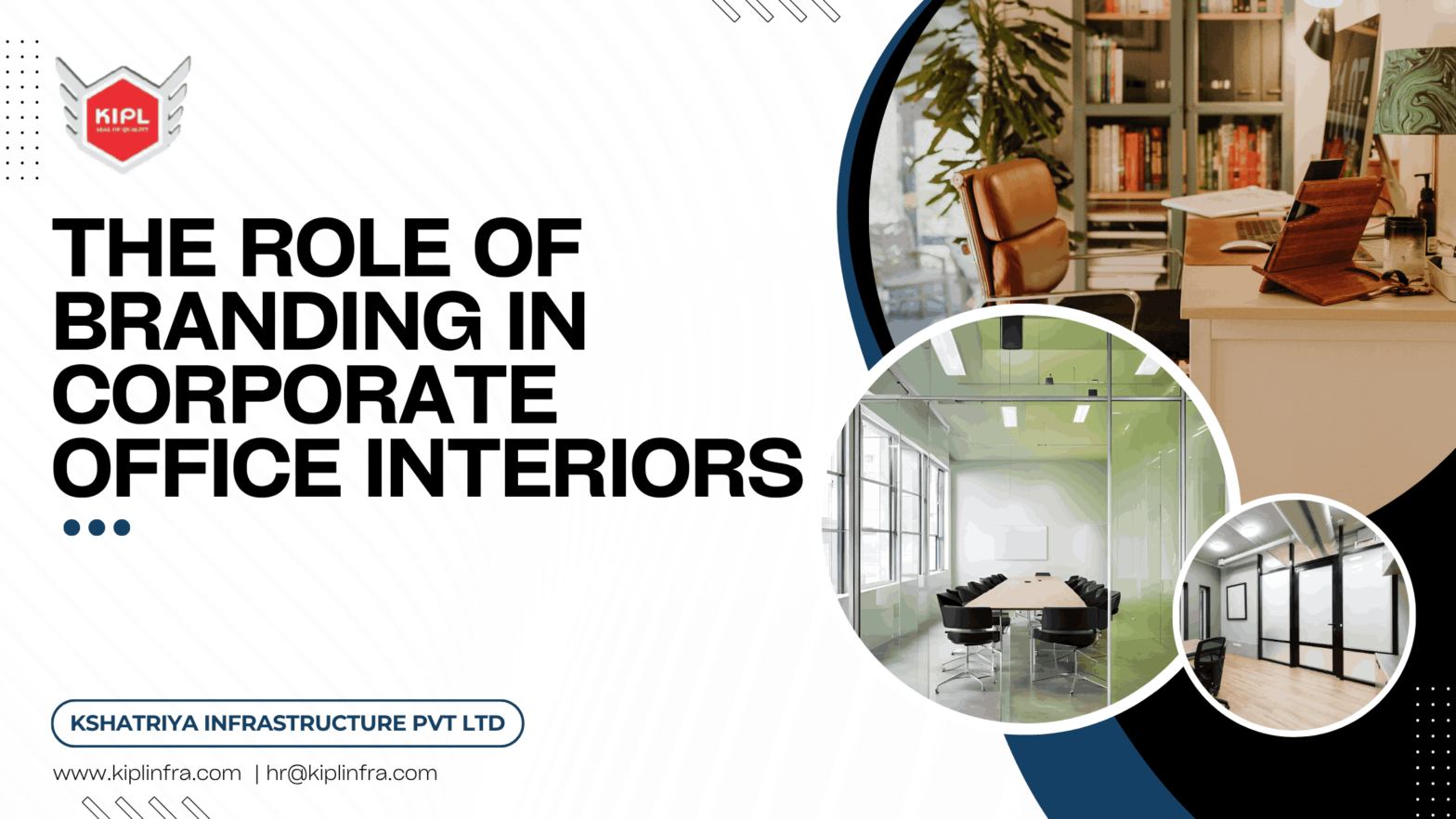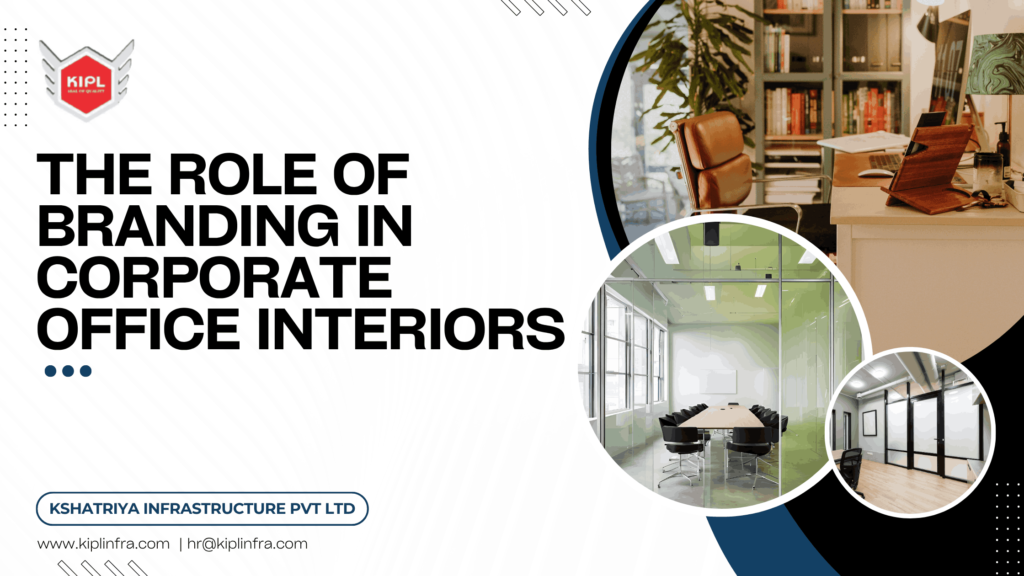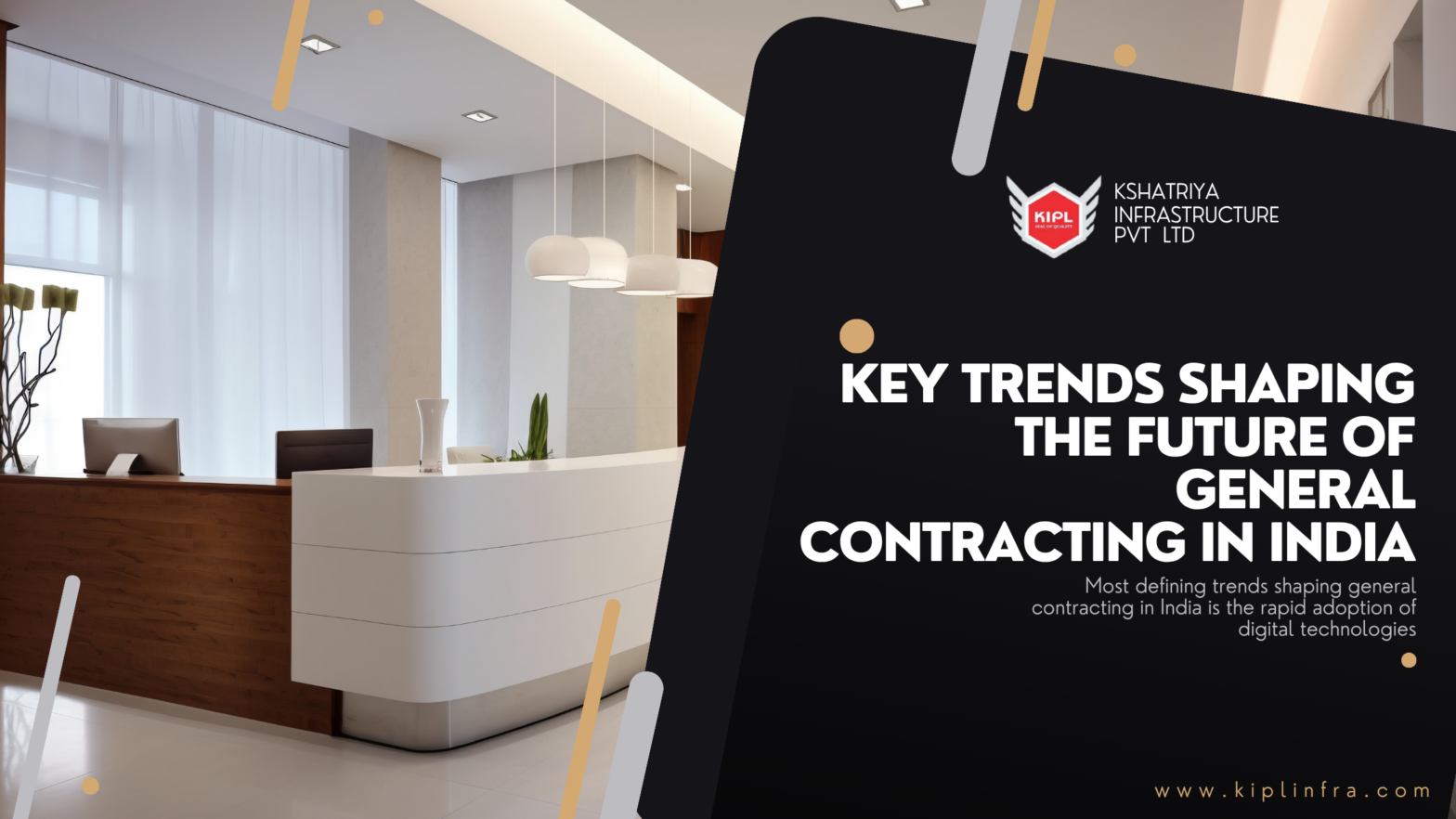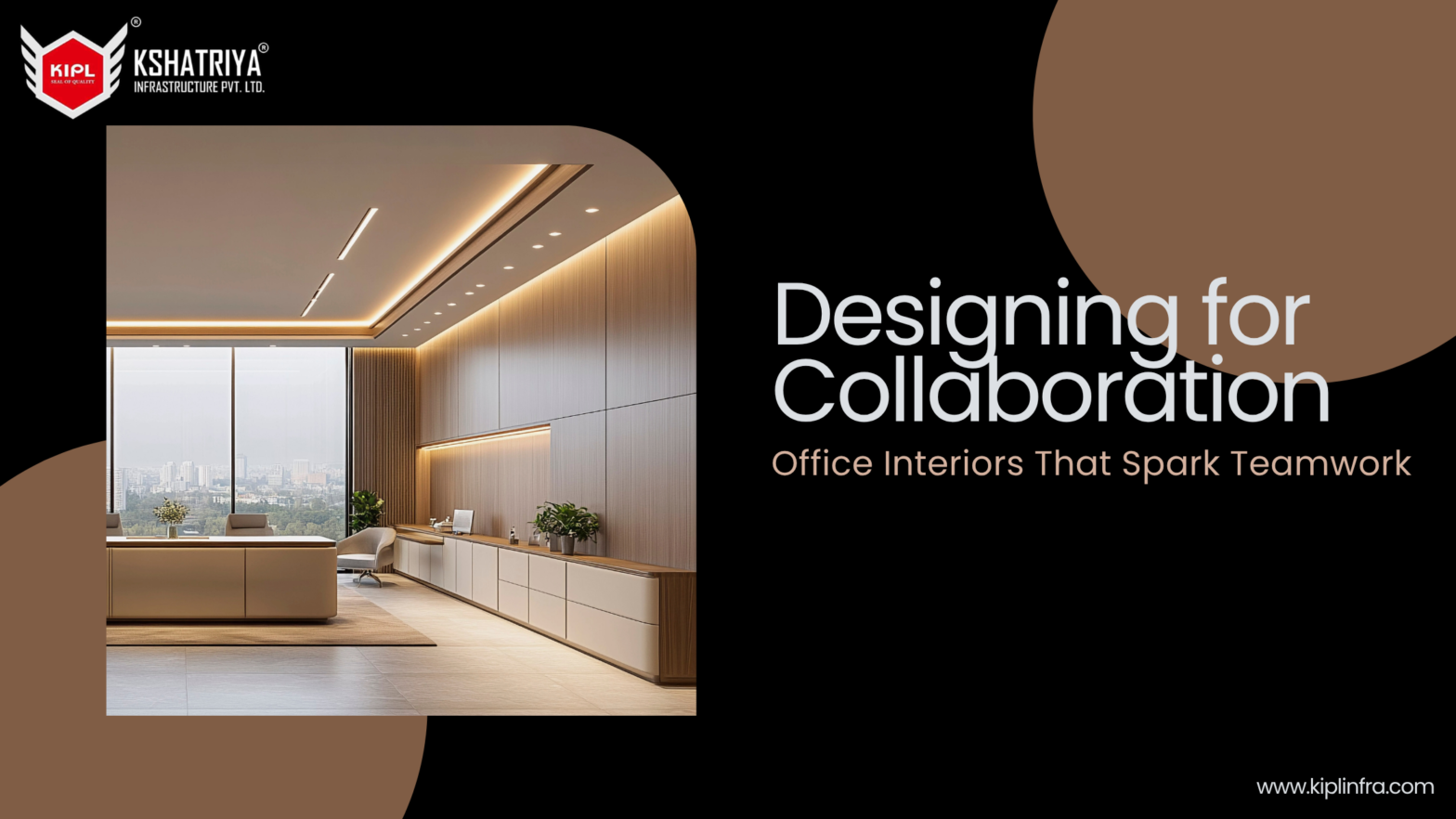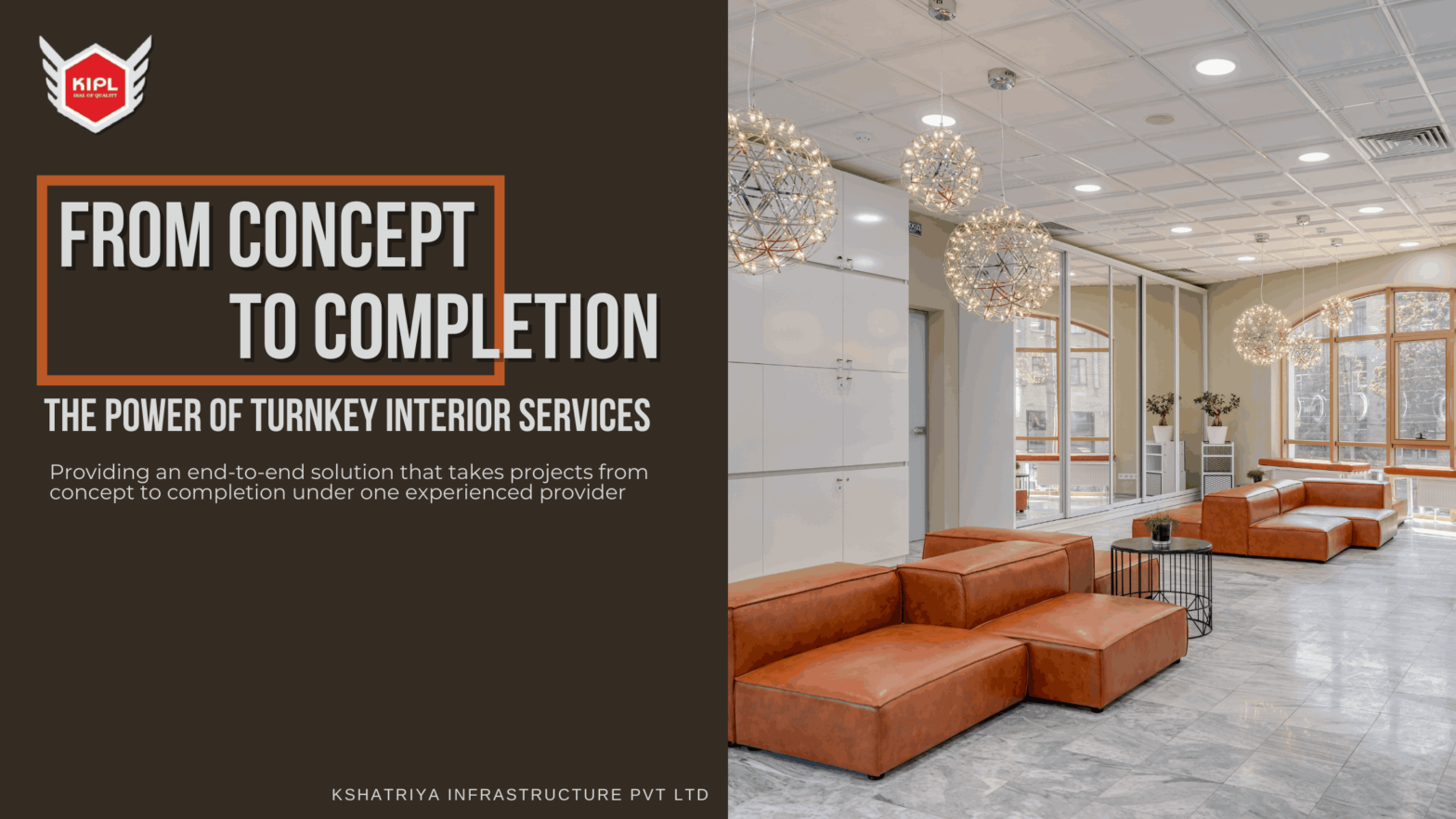
Sustainability in General Contracting : Building the Future Responsibly
Sustainability has emerged as one of the most powerful forces shaping the future of commercial construction, especially in a fast-growing city like Mumbai. As businesses demand modern, efficient, and eco-friendly workspaces, general contracting is becoming the driving force behind this transformation. Today, sustainability is not just about protecting the environment—it is about building smarter, reducing costs, and creating spaces that inspire productivity and well-being.
General contractors in Mumbai are embracing sustainable practices by using green building materials, incorporating natural lighting and ventilation, and adopting cutting-edge technologies like Building Information Modeling (BIM) and IoT-enabled systems. These innovations not only minimize waste and energy consumption but also ensure compliance with green certifications such as IGBC and LEED, adding long-term value to every project.
For businesses, sustainable construction offers a dual advantage: reducing operational costs and showcasing a strong commitment to corporate social responsibility. This makes general contracting the true backbone of a future-ready and responsible Mumbai.
Sustainability has become more than just a global trend—it is now a necessity in the way we live, work, and build. In the context of Mumbai, one of India’s fastest-growing commercial hubs, sustainable construction practices are reshaping how businesses think about infrastructure. General contracting plays a pivotal role in driving this transformation by ensuring that every aspect of a project—from material selection to energy efficiency—is aligned with long-term environmental responsibility and cost-effectiveness.
In Mumbai’s bustling commercial landscape, the demand for office spaces, retail hubs, and industrial facilities continues to rise. This growth, however, comes with challenges such as high energy consumption, waste generation, and increasing pressure on natural resources. General contractors who adopt sustainable practices are not only addressing these challenges but also creating value for businesses. By integrating eco-friendly materials, optimizing layouts for natural lighting and ventilation, and leveraging smart building technologies, they ensure that sustainability is built into the foundation of every project.
One of the key advantages of sustainability in general contracting is cost efficiency over the long term. While eco-friendly materials and green technologies may appear more expensive initially, they significantly reduce energy bills, maintenance costs, and overall lifecycle expenses. In a city like Mumbai, where operational costs are high, sustainable construction helps organizations balance their budgets while showcasing a commitment to corporate social responsibility. For companies that want to project themselves as forward-thinking, sustainable offices and workspaces also serve as a strong branding element that appeals to clients and employees alike.
Another crucial aspect of sustainable general contracting is compliance with evolving government regulations and certifications. Standards like IGBC (Indian Green Building Council) and LEED (Leadership in Energy and Environmental Design) are increasingly becoming benchmarks for quality construction. General contractors in Mumbai who are aligned with these standards help their clients achieve certifications that not only enhance property value but also attract global investors who prioritize sustainability in their portfolios.
Technology also plays a major role in sustainable construction. The use of Building Information Modeling (BIM), IoT-enabled smart systems, and AI-driven energy management tools has revolutionized the way contractors design and deliver projects. These innovations allow contractors to predict energy performance, minimize waste during construction, and improve long-term efficiency. By incorporating technology, general contractors are bridging the gap between traditional building practices and futuristic, sustainable workspaces that are aligned with Mumbai’s growth trajectory.
Employee well-being is another factor that underscores the importance of sustainable infrastructure. Modern businesses recognize that the quality of the work environment directly impacts productivity, creativity, and overall morale. Sustainable office interiors designed by general contractors often include features such as green walls, natural ventilation systems, ergonomic layouts, and acoustic comfort. These design elements not only reduce environmental impact but also create healthier, more inspiring spaces for employees to thrive in.
The role of general contractors in shaping a sustainable future goes beyond physical structures. It extends to creating a culture of responsibility in the commercial construction sector. Contractors who actively reduce waste, recycle materials, and source from ethical suppliers contribute to a greener supply chain. In Mumbai, where construction activity is constant, these small but impactful practices collectively shape a more resilient urban future.
Looking ahead, sustainability will not be optional—it will be the cornerstone of every successful commercial project. Businesses in Mumbai that partner with forward-thinking general contractors are positioning themselves for long-term growth while fulfilling their responsibility to the environment. The future of construction lies in building spaces that are not only modern and functional but also environmentally conscious and energy efficient.
In conclusion, sustainability in general contracting is not just about meeting compliance or adopting new trends—it is about building responsibly today for a better tomorrow. As Mumbai continues its journey as a global business hub, sustainable general contracting will remain the backbone of commercial construction, ensuring that progress does not come at the cost of the planet.

